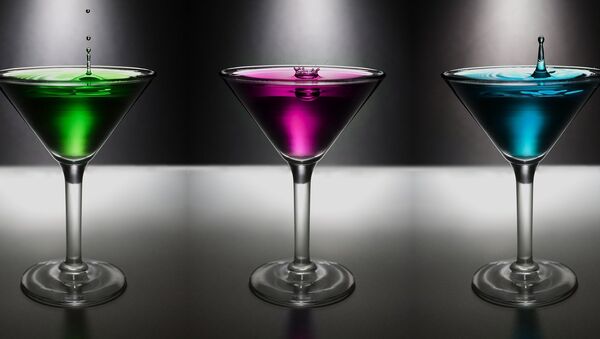Synthetic alcohol, branded as Alcarelle, that will make you feel the fun of booze without the unwanted side effects could be up for grabs in bars and clubs within five years, Professor David Nutt, who has spent much time on research, told The Guardian.
"There will obviously be testing to check the molecule is safe. And we need to show that it’s different from alcohol. We will demonstrate that it doesn’t produce toxicity like alcohol does. And of course we don’t want hangovers. We have to show it doesn’t have the bad effects of alcohol", he told the media outlet.
Nutt, a former UK government adviser on drugs, embarked on a long bumpy road to "alcosynth" in 1983 as a PhD student, when he first discovered an alcohol antidote to reverse drunkenness while studying the effects of alcohol on the brain.
It, however, was too risky to be of clinical use at the time, because it could cause seizures when taken while sober.
Since then, he has spent years to figure out which Gaba and other receptors can be stimulated to induce inebriation without side effects, and, apparently, succeeded in doing so:
"We know where in the brain alcohol has its 'good' effects and 'bad' effects, and what particular receptors mediate that – Gaba, glutamate and other ones, such as serotonin and dopamine. The effects of alcohol are complicated but … you can target the parts of the brain you want to target", Nutt revealed.
Nutt and his team have devised a five-year plan to bring the alcosynth to the market. Alcarelle is likely to be regulated as a food additive or an ingredient, thus food regulations rather than clinical trials apply.
READ MORE: Booze-Up: Over £100,000 Worth of Alcohol Stolen From Lorry in Scotland
In order to get approval, the team needs to come up with a drink product complete with its own bottle, and food scientists are assisting them with that. This process normally takes about three years, but the team said they expect it to take a little longer because of Alcarelle’s uniqueness.
"What I’m trying to do is provide something to enjoy that is much less harmful. That’s the ambition", Nutt said.





